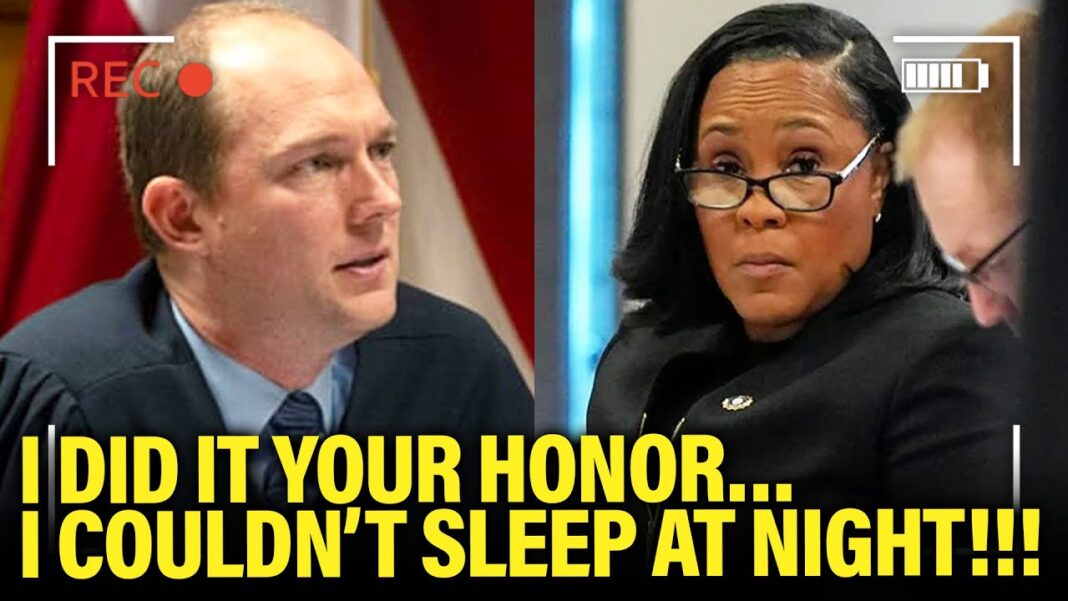The judge denied the Trump lawyers’ motion for mistrial based on allegations of judicial bias.
The judge overseeing former President Donald Trump’s New York civil fraud trial denied his request for a mistrial on Friday.
Defense attorneys filed a motion seeking a mistrial on Nov. 15, alleging that New York State Supreme Court Justice Arthur Engoron and his chief law clerk showed an “appearance of bias” against the former president. The motion also cited the partisan political contributions of the chief law clerk.
Judge Engoron, in denying the motion on Friday, said that it was “utterly without merit” and would be “futile” to proceed to a full briefing schedule, despite prosecutors having “advocated for” it.
In his ruling, the judge defended himself and his principal law clerk, Allison Greenfield, who came under scrutiny.
The motion seeking a mistrial pointed to a high school newsletter, at which Judge Engoron, in his capacity as a Wheatley School alumnus, works as an editor. The newsletter has publicly posted links in the “newsletter he maintains to articles disparaging parties and counsel.”
The judge denied that this was evidence of bias, stating that his duties with the newsletter don’t affect “my presiding fairly, impartially, and professionally” over the current case.
The newsletter, which began publishing after Judge Engoron established the Wheatley School Alumni Association in 2007, made headlines earlier this month when several prominent conservative social media users posted photos to the newsletter that appear to show the judge shirtless while working out.
“When an online publication mentions a graduate, including myself, I include an excerpt and/or a link, usually both,” Judge Engoron wrote in his ruling. “Consequently, I have been the subject of entries concerning this case due to its undeniable newsworthiness.”
“However,” he added, “I neither wrote nor contributed to any of the articles on which defendants focus, and no reasonable reader could possibly think otherwise.”
Judge Denies ‘Co-Judging’ at Play
Regarding Ms. Greenfield, the defense attorneys’ motion cited her “partisan political contributions” to groups that oppose President Trump, which they said were “in excess of strict limits” of $500 per year.








